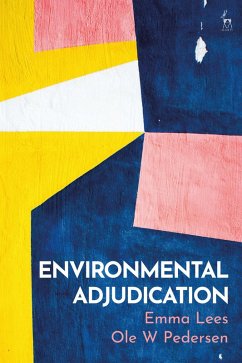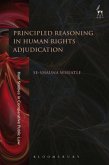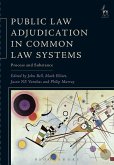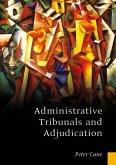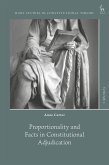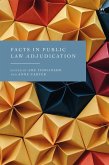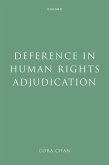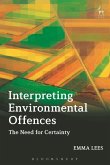This book provides a detailed study of the role of the judiciary in environmental law. It examines theoretical issues concerning the role of judges, taking account of different legal cultures and contexts, exploring the multifaceted pressures which rest on the shoulders of courts when navigating the tensions between maintaining neutrality, resolving disputes, and providing guidance and assistance for future courts, policy-makers and decision-makers. In addition, it explores the particular challenges which arise in an environmental context, before articulating the range of environmental dispute 'models' which can and do exist in the context of the environmental law of England and Wales.
The second part of the book looks at the consequences of these findings, and explores the relationship between adjudication and coherence before concluding with an exploration of what constitutes 'good' environmental adjudication.
The second part of the book looks at the consequences of these findings, and explores the relationship between adjudication and coherence before concluding with an exploration of what constitutes 'good' environmental adjudication.

